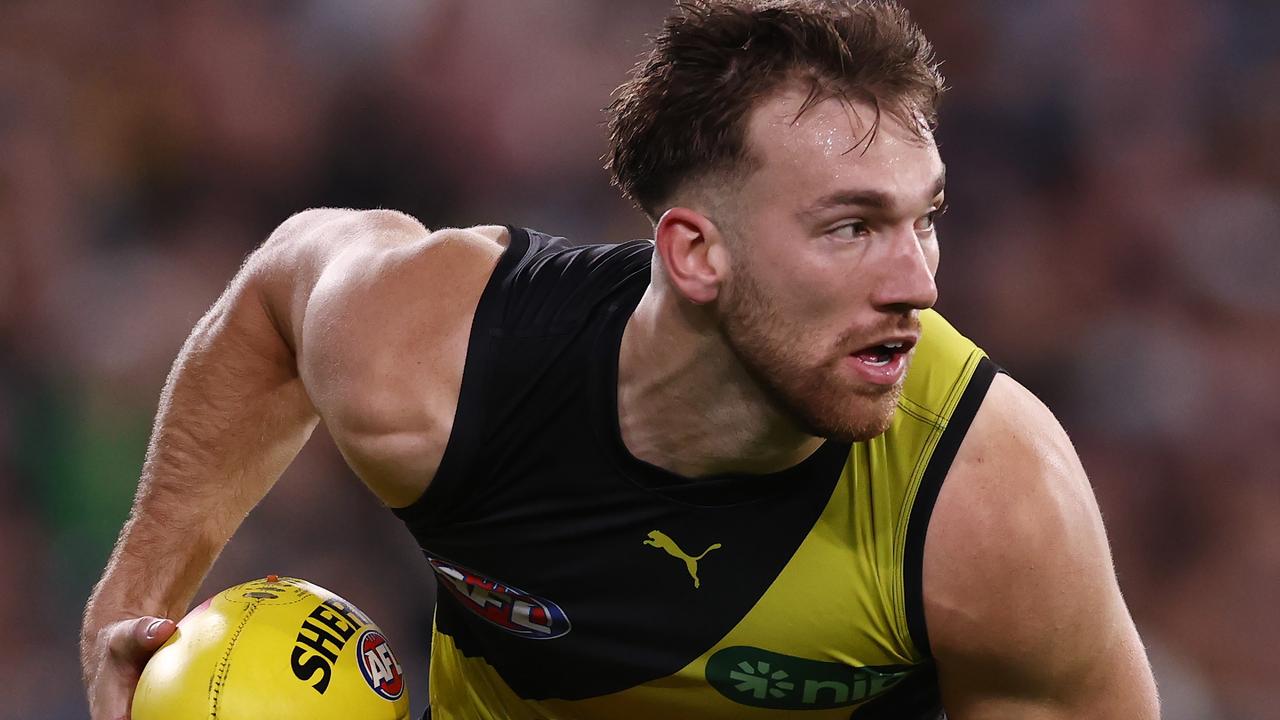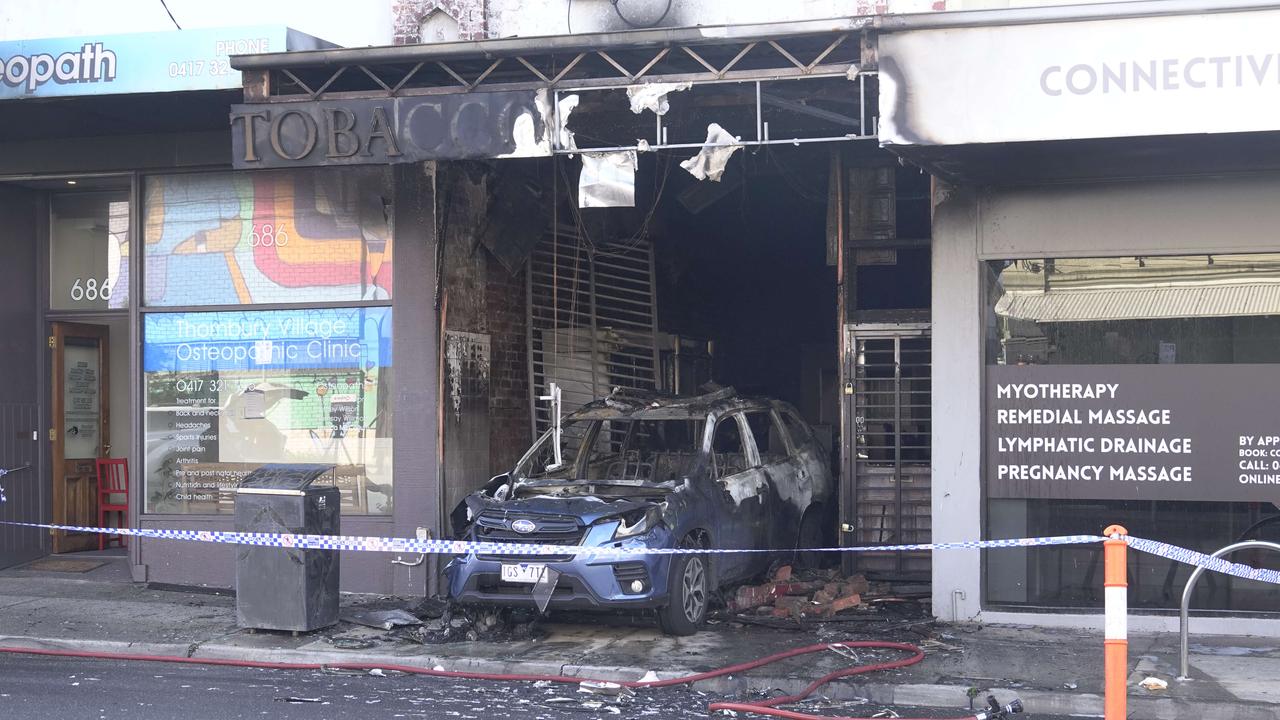The War: Young Blood – ‘We should not be burying our kids’, says NRL star Josh Aloiai
The stabbing death of a Sydney teen shocked proud Pacific Islander NRL star Josh Aloiai into action. He says anyone getting involved in gang violence is spitting in the face of their families.
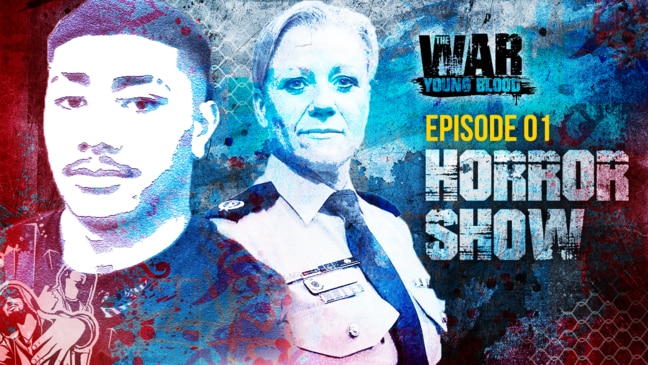
True Crime
Don't miss out on the headlines from True Crime. Followed categories will be added to My News.
The death of Uati Faletolu at the Royal Easter Show shocked Sydney, but it saddened NRL star Josh Aloiai.
A proud Pacific Islander who represented Samoa at the Rugby League World Cup, hearing about the death of Faletolu – allegedly at the hands of a rival gang of teenagers with a similar background to him – made no sense.
It is for this reason Aloiai chose to speak to The Daily Telegraph for the investigative miniseries The War: Youngblood, believing far too often Islander youths are turning on each other in violent or deadly fashion.
“I think it’s not only senseless, but a real waste and a spit in the face of the sacrifices our older generations made for us,” Aloiai said.
“When I say that, I’m referring to our parents and grandparents who moved over from the islands, or even New Zealand and moved here for more opportunities, a better life, a better education or sporting opportunities, better income and work opportunities.
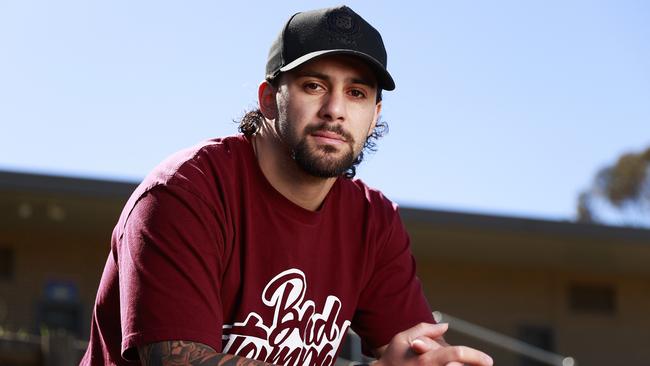
“That’s why they made the sacrifice to move countries, to migrate to places like Australia that are welcoming and have huge opportunities.
“Us Pacific Islanders, you look at the violence and the crime, a lot of that is Pacific Islander on Pacific Islander, we’re our own worst enemy and that’s really sad.”
Aloiai’s decision to speak out is also important because of the major role rugby league and the NRL plays in western and southwestern Sydney.
Several of the game’s superstars like Jarome Luai, Josh Addo-Carr and Haumole Olakau’atu have come under fire at separate times for promoting gang symbols or gang-related rap music, something the NRL has been desperate to stamp out.
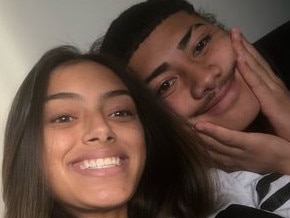
Aloiai said he knew his Samoan teammate Luai and many other players wanted to help the situation.
“I don’t mind some of the drill music but that’s where it has to be left, as music, you can’t think that it’s a glorified way of life,” he said.
“Part of the reason I did want to talk is because I know we’re influential figures and I know young kids and in particular Pacific Islander kids look up to us.
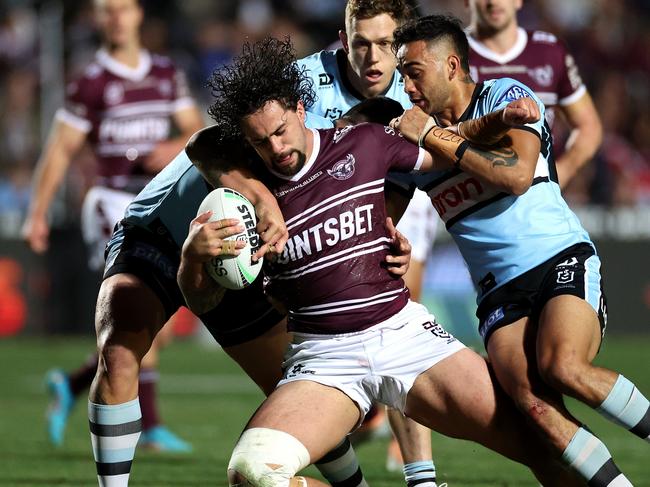
“Whether we like it or not, whether we signed up for it or not, we are role models.
“So when I see our Pacific Island communities mourning and parents burying their kids – parents shouldn’t be burying their kids.
“You don’t bury your child with peace when you know they’ve died of violent crime, so we have to stop it.”


